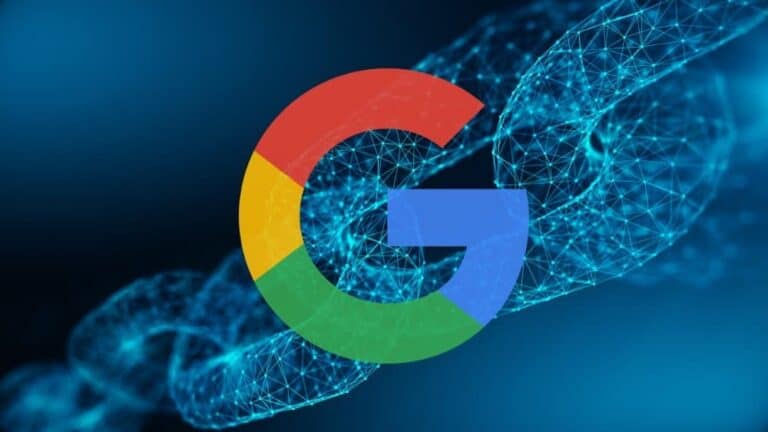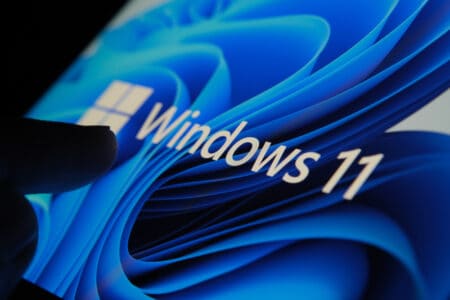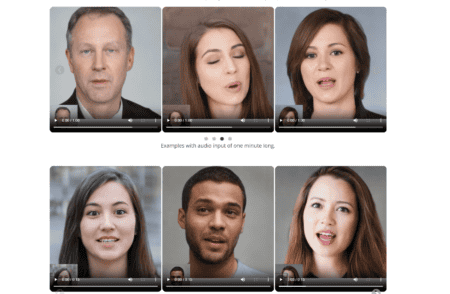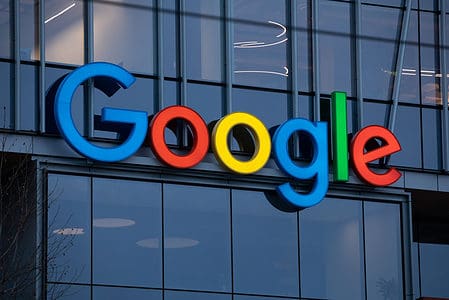According to Microsoft, its partnership with OpenAI is necessary to provide Google with any competition. Speaking to the European Commission (EC), the tech giant argues that Google is the only company that can be at the forefront of AI without outside help.
Microsoft has been asked to explain its AI role to the EC. The EU body is responsible for acting as a watchdog against any possible anti-competitive practices. Given Microsoft’s major influence in the global market, the company is more often the subject of debate, with its own positioning in the field of AI the latest hot topic. With generative AI on the rise, policymakers in Brussels deem it especially important to keep an eye on market relations in this area. In its contribution, Microsoft lays out why it should be seen not itself, but Google, as the sole single AI superpower:
“Only one company – Google – is vertically integrated in a manner that provides it with strength and independence at every AI layer from chips to a thriving mobile app store. Everybody else must rely on partnerships to innovate and compete,” Microsoft stated. While other companies such as Anthropic and Mistral AI are making significant AI progress, they are all unable to control the necessary hardware and software on their own.
Tip: ‘Claude 3 is better than GPT-4 and Gemini’: OpenAI has more and more competitors
Although Microsoft says Nvidia is the “undisputed leader” when it comes to AI hardware, Google has a way out of any dependence due to its own Tensor Processing Units (TPUs), according to the EC contribution. The competition for Nvidia’s relatively scarce AI chips means that even large tech companies like Meta, Microsoft, Amazon and others must compete for a limited number of GPUs. In Google’s case, that dependency is less prominent because Google’s TPUs have long enabled AI workloads, giving the company an asset that others lack.
Microsoft as an underdog?
Microsoft’s position makes a decent amount of sense. It certainly does not lack AI expertise internally, but until the $10 billion deal with OpenAI in early 2023, the company seemed hopelessly behind in this area. Google was the supposed leader in the AI field and developed the foundational technology behind large language models (LLMs). However, OpenAI surprised friend and foe with ChatGPT and its underlying LLM GPT-3 in November 2022. It forced Google to respond quickly with Bard, and the company is still trying to regain the supposed AI crown with its Gemini models.
Also read: Gemini 1.0 Pro accessible via SQL in Google BigQuery and AlloyDB
All this, according to Microsoft, should be proof enough that it can only be competitive together with OpenAI and others versus Google. After all, while the latter was able to play catch-up in a relatively short time since late 2022, partnership after partnership has been announced between established tech companies and smaller AI start-ups to get competitive. In Microsoft’s case, though, it should be said that it has a lot of influence among several AI parties.
At OpenAI, the company holds a non-voting seat on the board of directors, while there’s also a 15 million euro stake from Microsoft in France’s Mistral AI. In short: Microsoft has certainly secured a place in the global AI constellation, but it is a fair suggestion that without the current deals it cannot hope to be anywhere near as competitive in the AI race anytime soon. Whether or not such alliances allow for long-term success isn’t entirely sure. After all, the company, along with its partner OpenAI, is under fire from a lawsuit filed by The New York Times, among others.



















